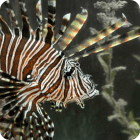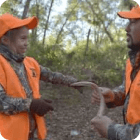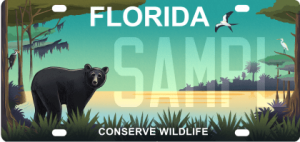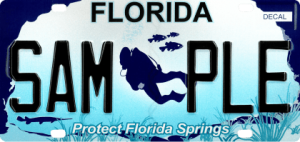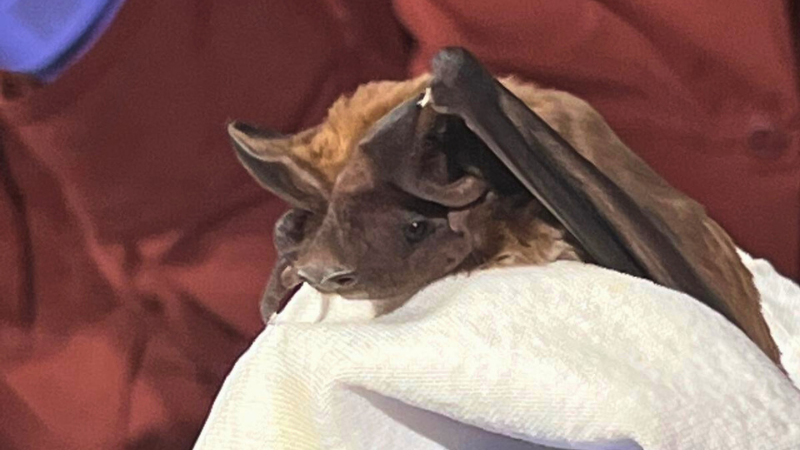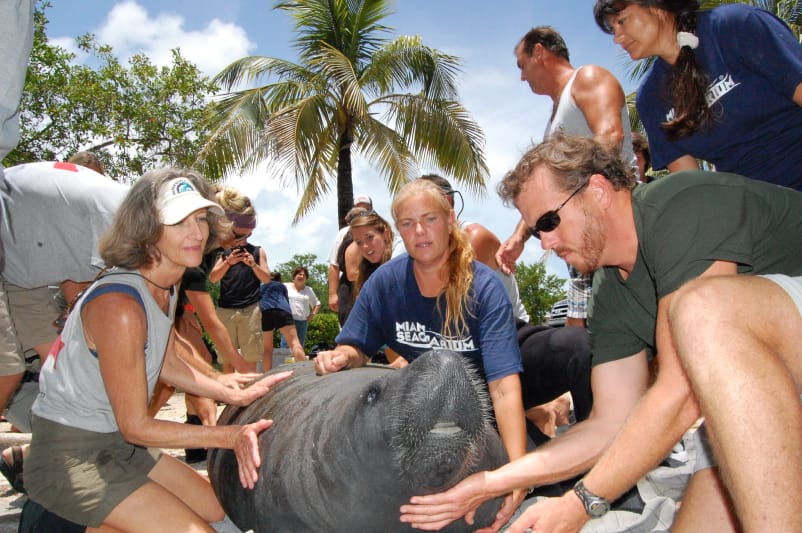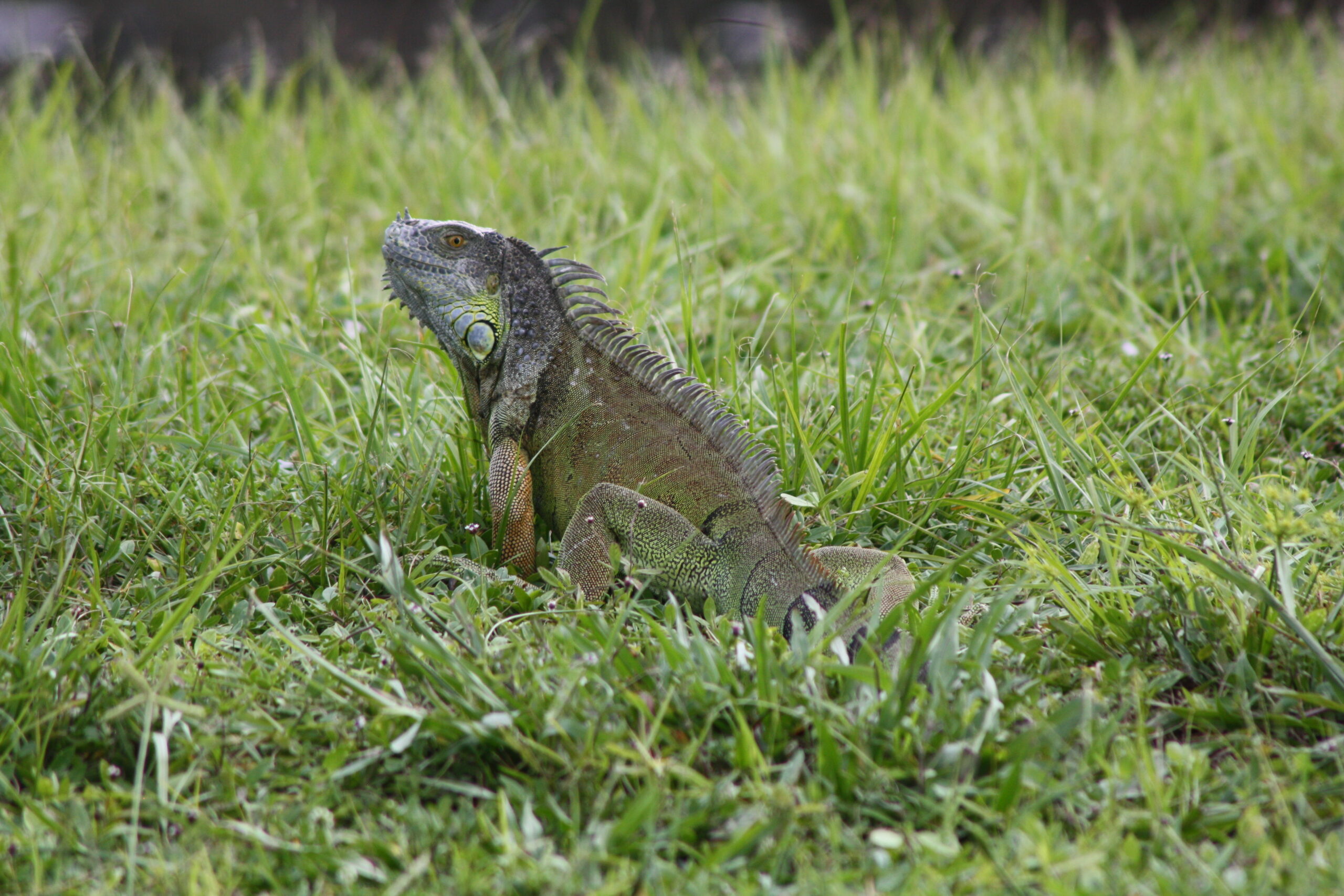
By: Nicole Forsgren
Invasive species are silent killers of biodiverse regions by taking over the habitat. The most avoidable cause for the spread of invasive species is the release of house pets into the wild. The spread of Burmese pythons in the Everglades was a direct result of house pet release. Climate change also contributes to the spread of invasive species. For example, plant species thrive best when the weather is warm. This rings especially true for invasive plants. As the temperature gradually rises, invasive species thrive to the detriment of native species.
Although all invasive species may not cause immediate, evident harm, their presence cannot be ignored. Your help in the control and protection from invasive species is needed! If you’d like to donate to efforts in combatting invasive species, please click here. We caught up with Sarah Funck, coordinator of the Florida Fish and Wildlife Conservation Commission’s Nonnative Fish and Wildlife Program, to better understand the harm of invasive species and how we can help.
———————————————————————————————————————
FWFF: In what ways can invasives threaten native species?
SF: Invasive species can cause harm to the environment, economy, or human health and safety. They can impact native species through depredation and competing for food and habitat.
Is there a leading contributing factor to the spread of invasive species?
Sometimes introductions and spread of nonnative invasive wildlife are facilitated intentionally by humans and sometimes introductions of invasive wildlife are unintentional. Invasive wildlife can be introduced to a new area through a variety of channels including, but not limited to global commerce, release in ballast water, release/escaped captive animals or pets, or they can even “hitch-hike” on shipments from other countries.
What invasive species are currently causing harm in the state of Florida?
Burmese pythons and lionfish are both examples of nonnative invasive wildlife that cause harm to the environment of Florida. Burmese pythons are apex predators that have a broad diet and can take large prey. They feed on mammals, birds, and even reptiles where they are established in south Florida. Due to this ecological threat, Burmese pythons are now listed as Conditional in the s State of Florida, meaning you cannot acquire one as a personal pet. Lionfish can also harm the ecology of Florida by impacting reef fish communities. They associate with natural or artificial reefs in Florida’s coastal waters and consume native reef fish. People may not realize that invasive species do not always occur deep in the Everglades or in the oceans. Invasive species can be found in neighborhoods, and we encourage people to learn about invasive species and remove them from their own property whenever possible. Species such as Cuban treefrogs, cane toads, iguanas, monk parakeets, and tegus are commonly found living in people’s yards.
There is often confusion regarding the difference between “non-native species” and “invasive species.” How would you differentiate the two descriptions?
Invasive species can cause harm to the environment, economy, or human health and safety. Nonnative species are simply those not native to an area, but they may or may not cause harm. Not every nonnative species can be considered invasive.
What is considered to be the ideal habitat/ environment for an invasive species to inhabit?
Ideal habitat varies for each species. In the case of the Burmese python, this species has established (i.e. is breeding) in south Florida in natural areas, such as the Everglades. They are semi-aquatic and thrive in this ecosystem. Other invasive wildlife may thrive in disturbed habitats or urban/suburban areas, like the green iguana. Many of the invasive species found in Florida come from native ranges that have a similar climate, and that creates ideal habitats for many different invasive species, especially in south Florida.
Is a species considered to be an ecological nuisance from the moment it enters a foreign habitat? Is human intervention immediately required?
Even though not all nonnative wildlife species are considered harmful, preventing their introduction is always the goal. However, once a risk or threat is associated with a nonnative species, it may be considered invasive and management action may be required. Invasive species can cause harm to the environment, economy, or human health and safety.
What is the FWC doing to limit this ever-growing problem?
The FWC manages and controls invasive wildlife using multiple strategies including risk assessment, prevention, early detection/rapid response, control, and education/outreach. One means of prevention in the state is through regulation of invasive wildlife through Conditional or Prohibited listings. The species regulated as Conditional and Prohibited are considered dangerous to the ecology of Florida and require permits to possess. Importation and possession of Conditional species for commercial use or research requires a permit, and personal possession (i.e., pets) is prohibited. Nutria, Burmese pythons and other large nonnative constrictors, and several aquatic species are listed as conditional species. Prohibited listing restricts use to research or exhibition.
Another prevention strategy is our Exotic Pet Amnesty Program. This program offers a legal alternative for exotic pet owners who can no longer keep their pets. The goals of this program are to encourage responsible pet ownership and minimize the number of released nonnative pets into the wild by offering a legal alternative. Once surrendered to the FWC, our Pet Amnesty Specialist will work with our pre-approved adopters to find the pet a new home.
The FWC’s Nonnative Fish and Wildlife Program also operates the statewide Exotic Species Hotline. If anyone observes a species of invasive wildlife, they are encouraged to report it by calling 888-IVEGOT1 or through the phone app or Ivegot1.org website. Once our biologists confirm a report, we determine whether the species is a high priority for removal from the wild. This mechanism allows our team to have eyes and ears across the state and helps with early detection and rapid response. If our team determines the species is a risk, we will work with our partners, contractors, or volunteers to coordinate a response and remove the animal from the wild.
We also have several field projects that regularly and systematically control established populations of invasive wildlife. Our FWC staff and contractors engage in efforts to trap or capture invasive wildlife that may impact our natural resources, such as Burmese pythons, Nile monitors, black spiny-tailed iguanas, and Bullseye snakehead.
Is there some way that people can help?
Anyone can help the FWC in our efforts to control invasive wildlife! Getting involved does not require hiking through the Everglades or physically handling wildlife; there are ways that everyone can participate. People can report sightings of nonnative species to the Exotic Species Hotline (888-IVEGOT1). Credible reports are essential to our work, so people should try to Take a clear picture and note the exact location so our biologists can confirm the species. We offer Iguana Technical Assistance public workshops, where people can learn what they can do to manage iguanas on their own property. Don’t Let It Loose! If you are an exotic pet owner who can no longer keep your exotic pet, please surrender the animal to the FWC’s Exotic Pet Amnesty Program. And if you have experience caring for exotic pets and can give a home to one or two more, sign up to be one of our exotic pet adopters. We are always looking for qualified adopters to help place the pets surrendered to us.
For those who want to get outside or work more closely with wildlife, we offer several programs that people can participate in including Python Patrol, our hands-on training that teaches safe capture of pythons, and Python Pickup, which is an incentive program through which people can win prizes for removing Burmese pythons from the wild. Divers can help clear reefs of lionfish by joining the Reef Rangers and competing in lionfish derbies. We are conducting a volunteer project in Broward and Palm Beach Counties that is working to remove iguanas from certain properties. And people who enjoy fishing can compete in one of the many nonnative freshwater fish roundups held around the state.



